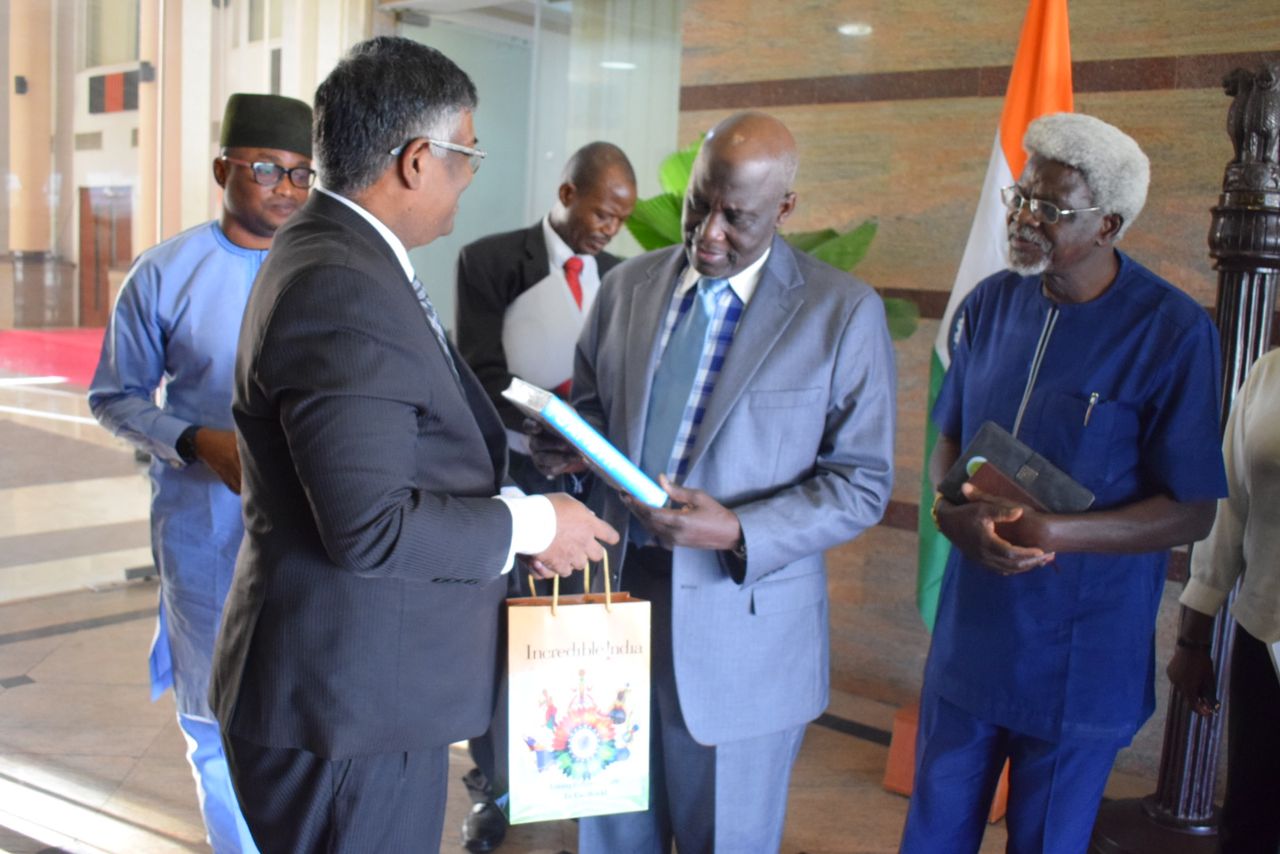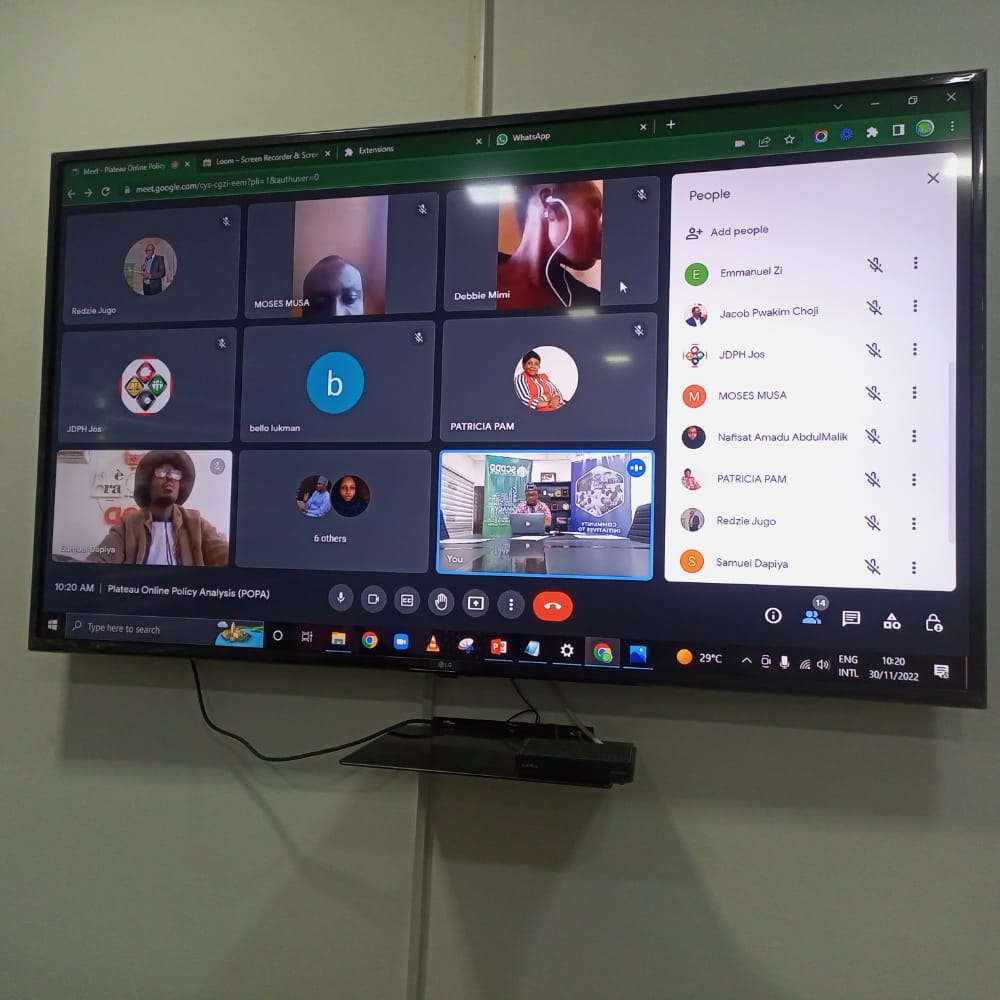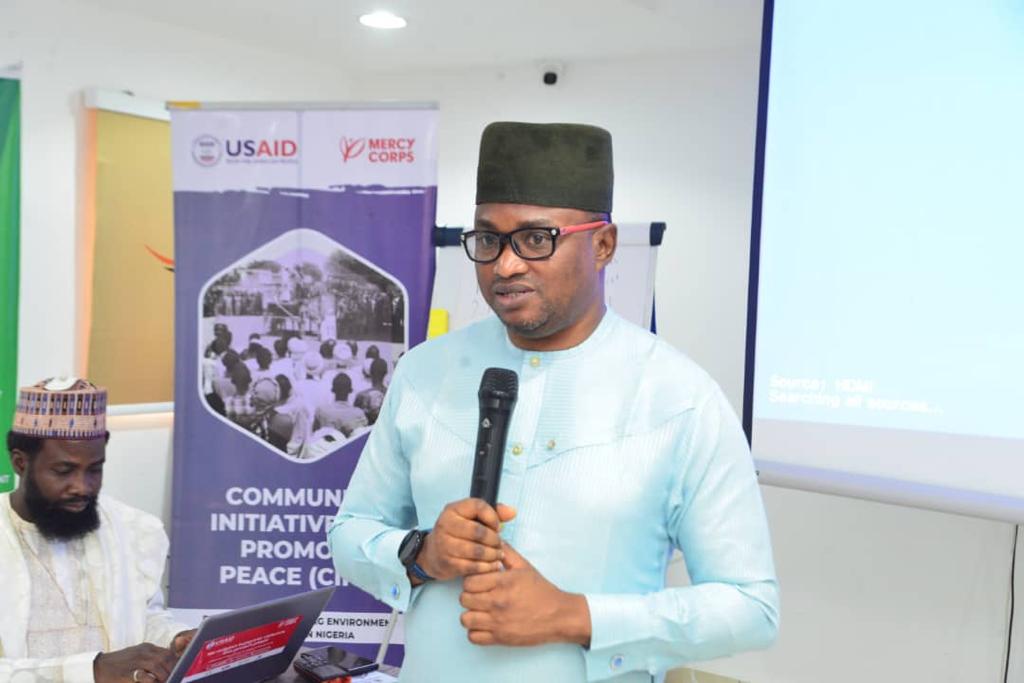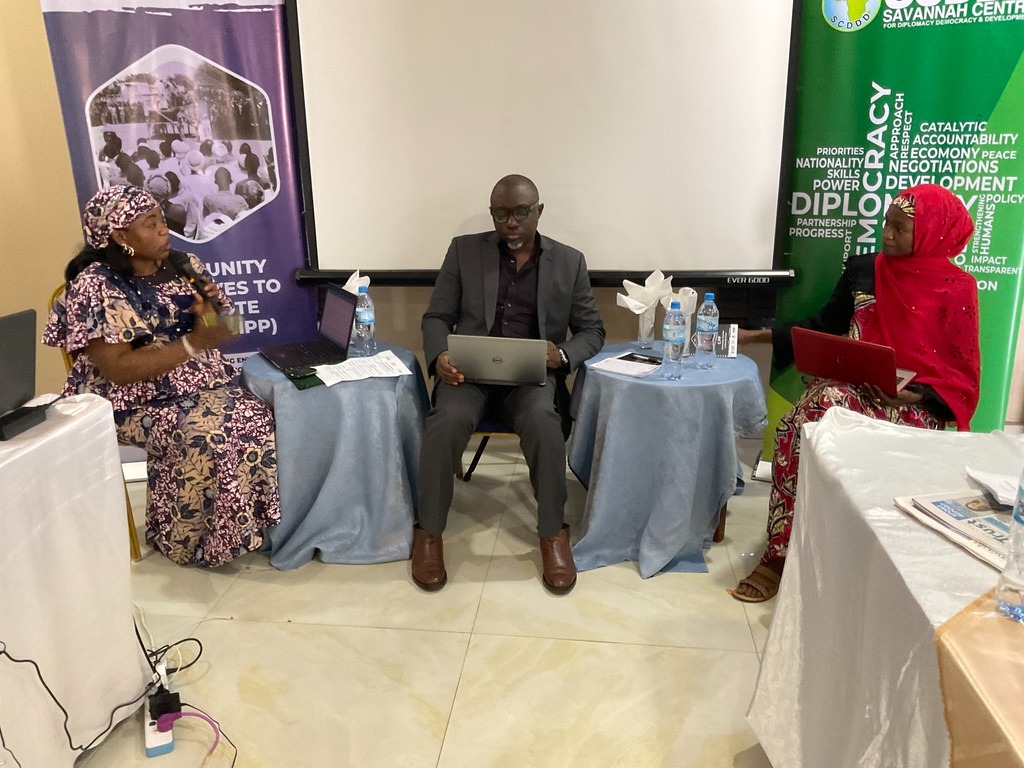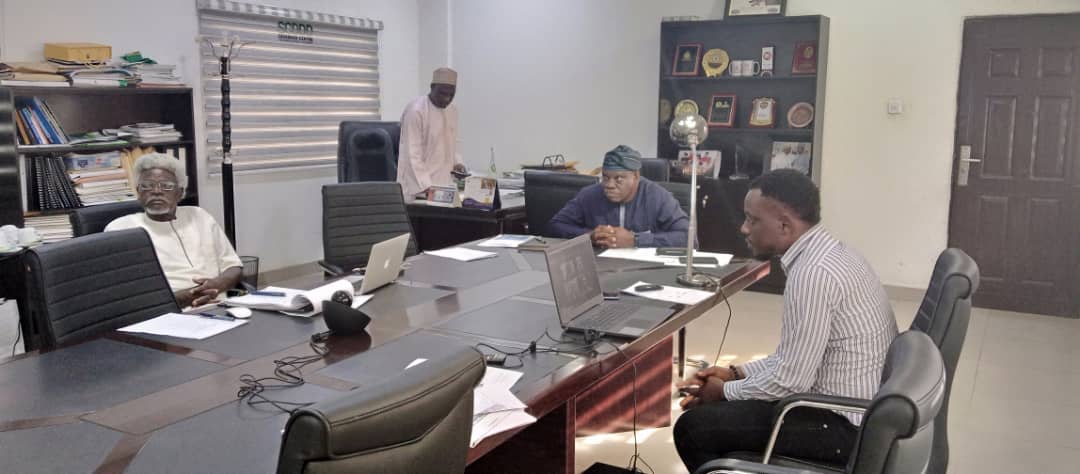As part of Savannah Centre’s engagements with the diplomatic community in Nigeria, on the 9th December 2022, some of the management team of Centre met with the Indian High Commissioner to Nigeria, H.E, Shri G. Balasubramanian at the Indian High Commission in Abuja to discuss possible areas of collaboration.
Plateau Online Policy Analysis (POPA)
Plateau Online Policy Analysis was held on the 30th November 2022with special focus on Plateau State Anti-land Grabbing, Kidnapping, Cultism, and Related Offences Law, 2020 and A Bill for a Law to Prohibit the Production, Sale, and Consumption of Illicit Drinks and Banned Substances and the Establishment of Cognitive Behaviour Therapeutic Centers in Plateau State and for other Matter Connected 2020.
Relevant opinions were elicited to aid the piece of legislations for easy implementation and passage respectively.
Capacity Building Workshop on Alternative Dispute Resolution (ADR) and Interest Based Negotiation Mechanism (IBNM) for members of Katsina State Community Conflict and Dispute Resolution Centre (CCDRC)
On the 22nd and 23rd of November 2022, Savannah Centre with the CIPP partners organised a Capacity Building Workshop on Alternative Dispute Resolution (ADR) and Interest Based Negotiation Mechanism (IBNM) for members of Katsina State Community Conflict and Dispute Resolution Centre (CCDRC) and other Community Initiatives to Promote Peace (CIPP) structures in collaboration with Katsina State Government.
In attendance were; Chief Judge Katsina state, ADR Judge Katsina state Judiciary, Special Adviser on Security, Director Multi Door Court, key Trained Mediators, Research Think Tank Office of S.A Security amongst other strategic stakeholders.
The training was aimed at improving the capacity of the ADR community in the state on modern approaches in settling disputes outside legal means.
Learning Visit for Kogi State Office of the Public Defender and Citizens’ Rights Commission
On the 16th and 17th November 2022, Savannah Centre for Diplomacy, Democracy and Development, Pastoral Resolve (PARE), and Mercy Corps Nigeria (MCN), under the Community Initiatives to Promote Peace (CIPP) project co-organized a learning Visit for Kogi State Office of the Public Defender and Citizens’ Rights Commission (PDCRC) to the National Agency for the Prohibition of Trafficking in Persons (NAPTIP.
The purpose of this event was to amongst other things provide needed exposure, networking, and capacity for the officials of the Kogi State Office of the Public Defender and Citizens’ Rights Commission as the sole implementing government agency for the VAPP Act in Kogi State.
Influencing Meeting on “Kano State Drugs and Substance Abuse Management Bill (2019)
On the 9th and 10th of November 2022, Savannah Centre for Diplomacy, Democracy and Development carried out an Advocacy and Stakeholders Influencing Meeting on “Kano State Drugs and Substance Abuse Management Bill (2019). The event was a follow-up to the Kano Online Policy Analysis Forum (KOPA) on the said bill conducted on the 27th of September 2022.
The event targeted the CIPP Process of Change (PoC), which led to the inauguration of eighteen (18) members Steering Committee saddled with the responsibility of influencing and galvanizing needed local support that will aid the passage of the piece of legislation.
Digitalization for Peace in Africa
On the 3rd of November, Savannah Centre for Diplomacy, Democracy and Development was one of the prestigious think-tanks invited by the United Nations Office of the Special Assistant on Africa (UN OSAA) to deliberate on the vital issue of Digitalization for Peace in Africa.
The Centre partnered with the South African Institute of International Affairs (SAIIA), International Telecommunication Union, African Capacity Building Foundation and iGov Africa to deliberate on the topic: Digitalization for Peace in Africa.
Following deliberation, it would suffice to say that their recommendations made would indeed act as a road map to attaining a high level of digital development and thus facilitate effective service delivery which forms the premise of establishing stability and development

